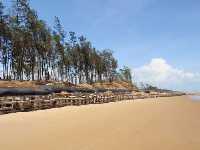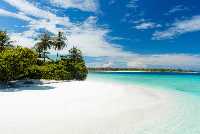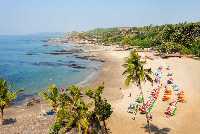Fact about Amazon Rainforest in 2020
- CONTINENT
- SPECIES
- One in ten known species on Earth
- 1.4 billion acres of dense forests, half of the planet's remaining tropical forests
- 4,100 miles of winding rivers
- 2.6 million square miles in the Amazon basin, about 40% of South America
- HABITATS
After the blaze: Amazon community begins recovery following the fires
 © Natalia Ramirez / WWF-Bolivia
© Natalia Ramirez / WWF-BoliviaSPECIES
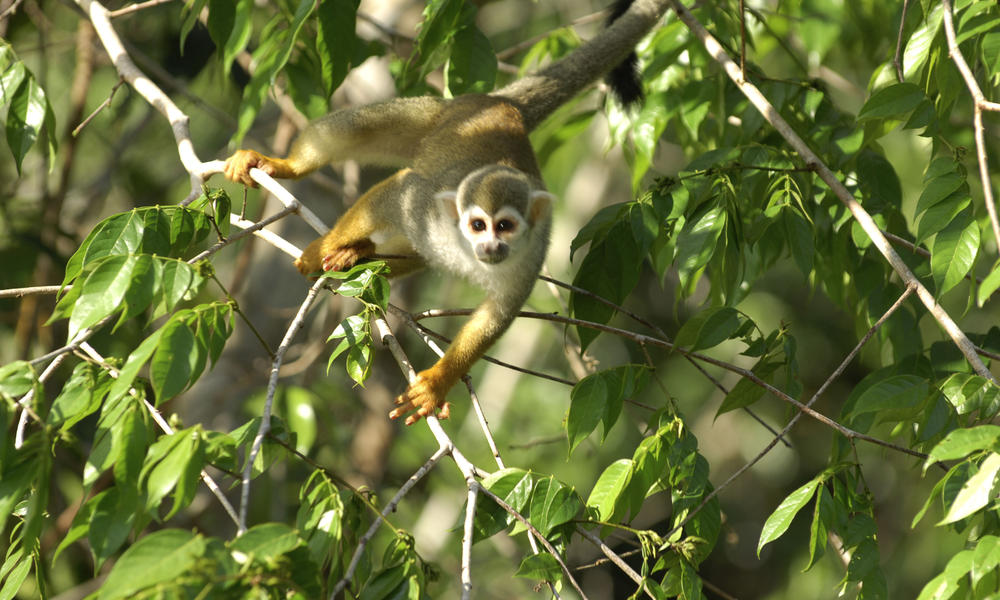 © Zig Koch / WWF
© Zig Koch / WWF- 40,000 plant species
- 3,000 freshwater fish species
- more than 370 types of reptiles
PEOPLE & COMMUNITIES
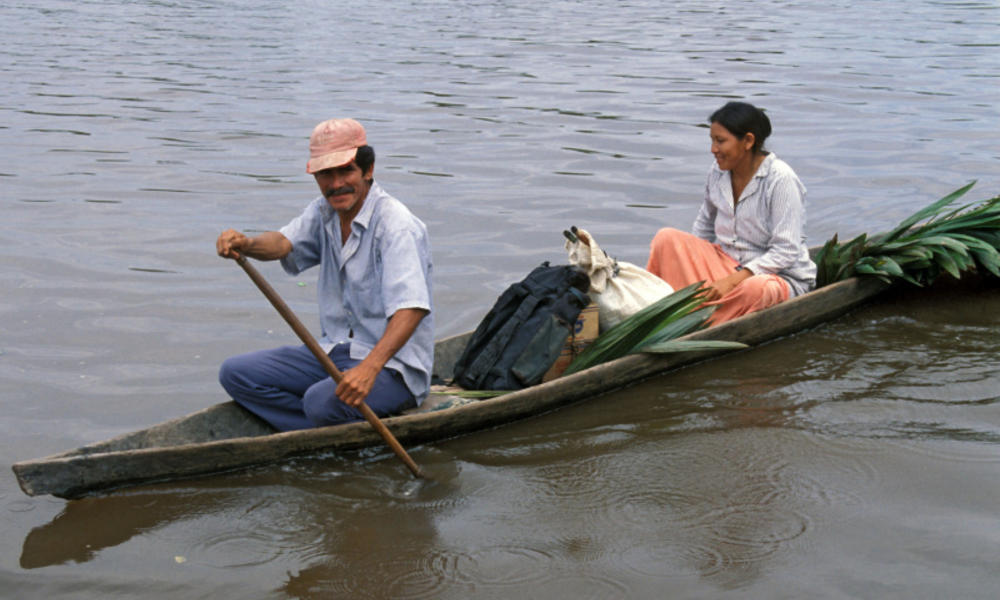 © WWF-US/Deborah Gainer
© WWF-US/Deborah GainerTHREATS
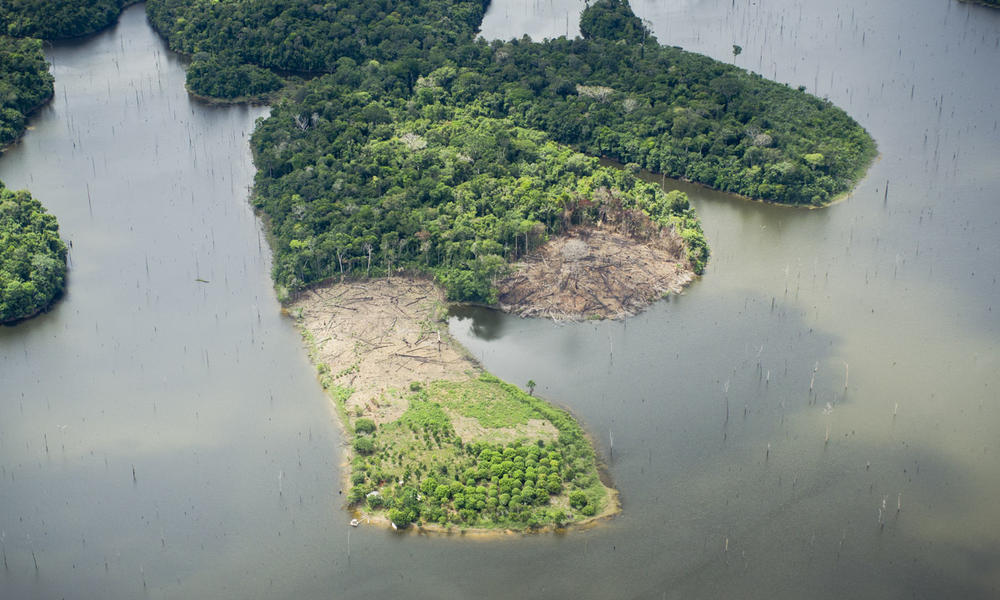 © Richard Lisboa/WWF-US
© Richard Lisboa/WWF-USEXTENSIVE CATTLE RANCHING AND AGRICULTURAL EXPANSION

POORLY PLANNED INFRASTRUCTURE
- disrupt river connectivity
- block the range of many aquatic species
- interfere with some subsistence and commercial fisheries
ILLEGAL AND UNSUSTAINABLE NATURAL RESOURCE EXTRACTION
- gold mining
- oil exploration
- illegal logging
- overharvesting of fish and other aquatic species
CLIMATE CHANGE
WHAT WWF IS DOING
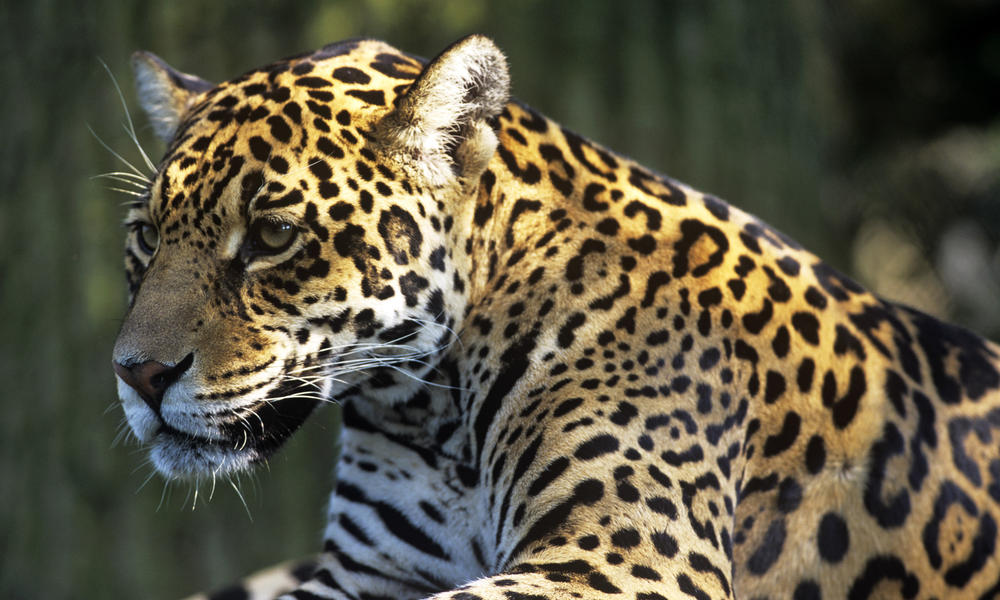 © David Lawson / WWF-UK
© David Lawson / WWF-UKPROTECTING FORESTS
In Brazil, through the Amazon Region Protected Areas Program (ARPA), WWF works to create a network of parks covering 150 million acres of forest. This area would be over 50% larger than the U.S. National Parks system. WWF helps carry out surveys of the new parks as they are created and supports park planning and management.
In the southwestern Amazon, WWF works to protect more than 25 million acres of forest and freshwater habitat. Our work through the Amazon Headwaters Initiative helps park authorities in Peru and improves fisheries and other sustainable livelihoods for indigenous people in Bolivia. In addition, data from years of tracking jaguars in Peru has shown us the importance of conserving long stretches of rivers in the Amazon; jaguars spend a lot of time in riparian habitat.
CONFRONTING DRIVERS OF DEFORESTATION

- Soy farming: WWF works with the Soy Roundtable—made up of soy producers, processers and exporters—to improve the sustainability of their practices and minimize impact on the Amazon and its wildlife.
- Cattle ranching: WWF works with the beef industry to create standards that increase efficiency and reduce waste. This includes educating ranchers about why it is not necessary to convert more forests into pasture to increase profits. WWF works through a Beef Roundtable to develop principles and criteria that increase the productivity of existing cattle ranches and prevent establishment of new ranches in high conservation value forests.
- Hydropower: To meet growing energy demands, Brazil has the option to use dams. WWF provides scientific support to help find dam locations that will do the least harm to the environment.
- Illegal and unsustainable logging: High demand for timber products, weak laws and poorly implemented trade rules lead to logging that destroys nature. WWF works to create market conditions that conserve the world’s forests, but also provide economic and social benefits for businesses and people.
- Infrastructure: In Colombia, construction of an important road had the potential to disrupt the lives of local communities and harm a forest reserve. WWF’s participation in the planning process succeeded in creating the most environmentally friendly road possible and ensured that the needs of local communities were considered.
DEVELOPING A SUSTAINABLE FOREST ECONOMY
- WWF Statement on 2019 Amazon Deforestation DataNovember 18, 2019
- WWF Statement on Brazilian Amazon Forest FiresAugust 21, 2019
- Research Finds Responsible Forest Management in the Peruvian Amazon Can Help Preserve WildlifeJuly 23, 2019
- Delfines de la Amazonia Están Contaminados con MercurioOctober 25, 2019 – Newsweek en Español
- Amazon Rainforest on Fire: 'Lungs of the World' in FlamesAugust 27, 2019 – ABC Nightline
- NASA Shows Amazon Rainforest Fires from Space as Environmentalists Caution About Impact on U.S.August 26, 2019 – People Magazine
PROJECTS
The Natural Capital Project
Centered at Stanford University, the Natural Capital Project is a partnership among WWF, The Nature Conservancy, Chinese Academy of Sciences, University of Minnesota, and Stockholm Resilience Centre. Through pioneering science, cutting-edge technology, and collaborative partnerships worldwide, the Natural Capital Project works to integrate the value nature provides to people into all major decisions.Transforming Peru's forest sector
Illegal logging is more prevalent in Peru than in most countries around the world. The majority of the timber from Peru is harvested illegally. But the Peruvian government—with help from WWF and others—is turning this situation around. Together, they are transforming and modernizing Peru’s forest sector.
PUBLICATIONS

Emergency Amazon Fire Fund Report - March 2020
WWF Emergency Fund for Amazon
Below The Canopy
Living Amazon Report 2016
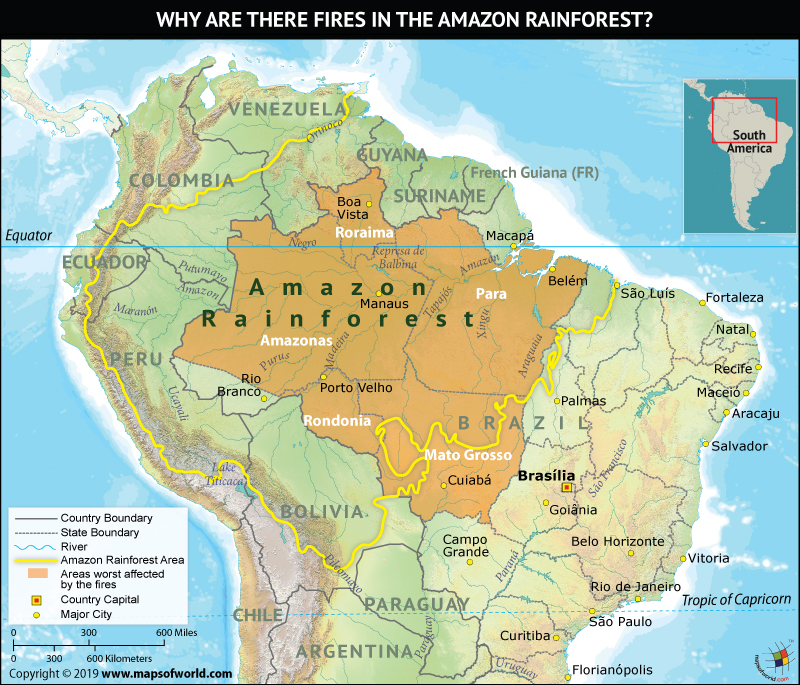
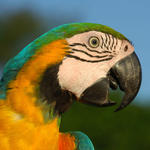 MACAW
MACAW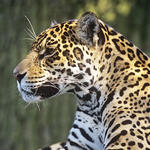 JAGUAR
JAGUAR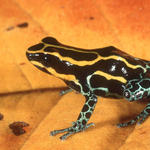 POISON DART FROG
POISON DART FROG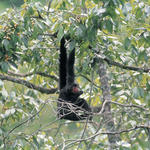 BLACK SPIDER MONKEY
BLACK SPIDER MONKEY AMAZON RIVER DOLPHIN
AMAZON RIVER DOLPHIN SLOTH
SLOTH MEG SYMINGTONManaging Director, Amazon
MEG SYMINGTONManaging Director, Amazon KERRY CESAREOSenior Vice President, Forests
KERRY CESAREOSenior Vice President, Forests MICHELE THIEMELead Conservation Scientist, Fresh Water
MICHELE THIEMELead Conservation Scientist, Fresh Water



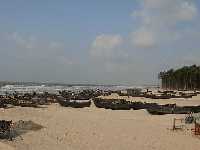


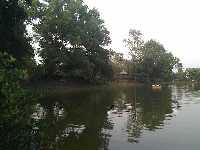



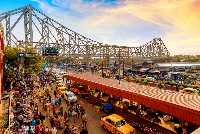



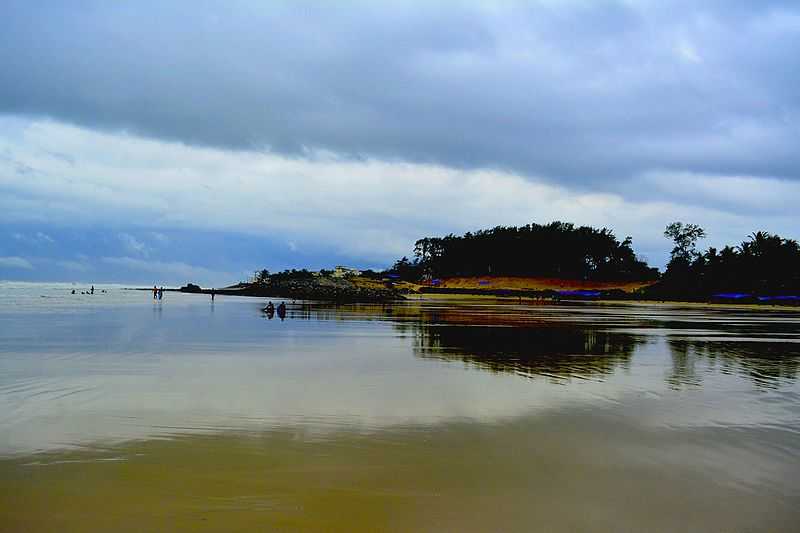

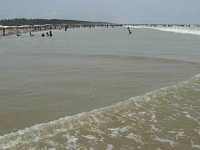


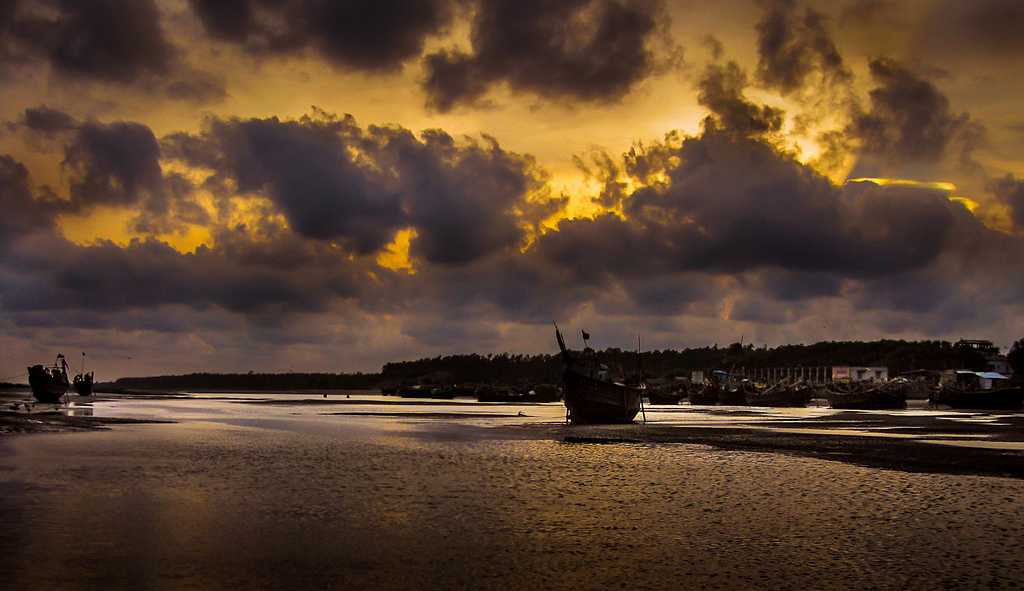

 Be the first to add an answer
Be the first to add an answer

